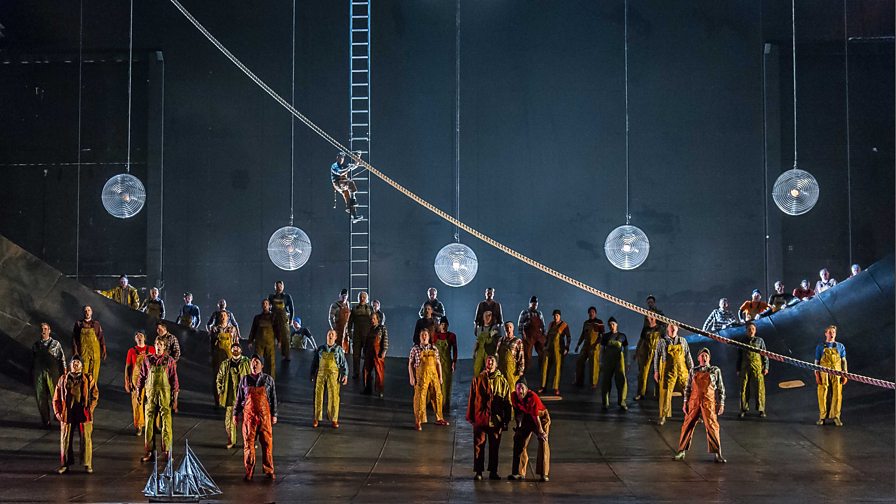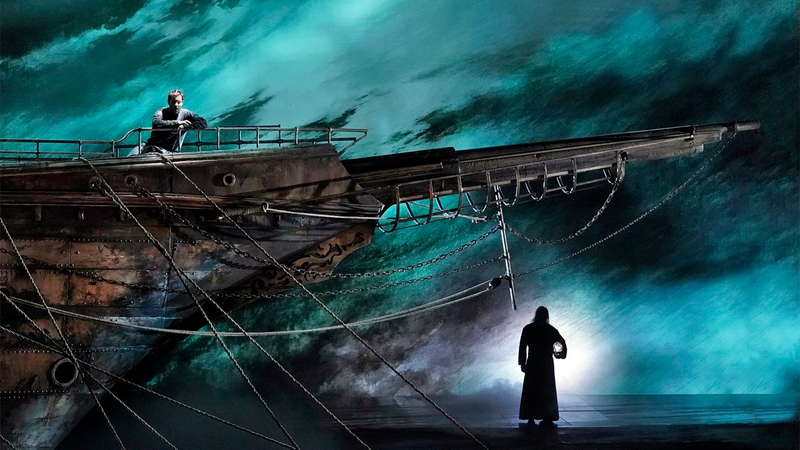

Nelsons was Principal Conductor of Latvian National Opera 2003–7, at the start of the 2008/9 season became Principal Conductor with the City of Birmingham Symphony Orchestra and in March 2013 was appointed Music Director of Boston Symphony Orchestra.Īs well as his busy schedule with the CBSO, Nelsons works with many international orchestras including the Royal Concertgebouw, Vienna Philharmonic and the Philharmonia Orchestra. He studied conducting in St Petersburg and with Mariss Jansons, who remains his mentor. He learnt piano, trumpet and singing, and began his career as a trumpeter with Latvian National Opera. In the 2014/15 Season he returns to conduct Der fliegende Holländer for the Company.īorn into a family of musicians, Nelsons first became interested in opera aged five after seeing Tannhäuser. Latvian conductor Andris Nelsons made his Royal Opera debut in December 2009 with La bohème, and has since returned to The Royal Opera to conduct Madama Butterfly, Salome and Elektra. The performance lasts about 2 hours 20 minutes there is no interval Language Marina Hobson OBE and the Wagner Production Syndicate Running time

Thanks to Generous philanthropic support from

Tim Albery’s acclaimed production is a darkly insightful account of Wagner’s early masterpiece, starring Bryn Terfel conducted by Andris Nelsons. Michael Levine’s elemental single set is dominated by a rolling metal hull that represents the Dutchman’s phantom ship, the poverty of Senta’s home and the treacherous sea. Tim Albery’s Olivier-nominated production for The Royal Opera delves deep into the psychology of Wagner’s cursed wanderer and his beloved Senta, detailing the monomania and uncompromising idealism that finally drives them apart. But the Dresden premieres of first Rienzi in October 1842 and Der fliegende Holländer in January 1843 were immense successes, and marked the beginning of Wagner’s career as one of the greatest operatic composers. One of the bitterest blows came when Léon Pillet, director of the Paris Opéra, accepted his libretto for Der fliegende Holländer – but then commissioned a score not from Wagner but from French composer Pierre-Louis Dietsch.

He had gone there to make his fortune, but found his way barred by a strict class-based system. Shortly before the premiere of Der fliegende Holländer in Dresden, Wagner had returned from a deeply unsuccessful two-year stint in Paris. Thinking he’s protecting her, he leaves to resume his endless voyaging. But the Dutchman wrongly suspects her of unfaithfulness. Senta accepts the Dutchman’s offer of marriage. He may have found it in Senta, a woman who longs for escape from her dreary life. Once every seven years he is allowed to come ashore to seek redemption. The Flying Dutchman has been cursed for eternity.


 0 kommentar(er)
0 kommentar(er)
